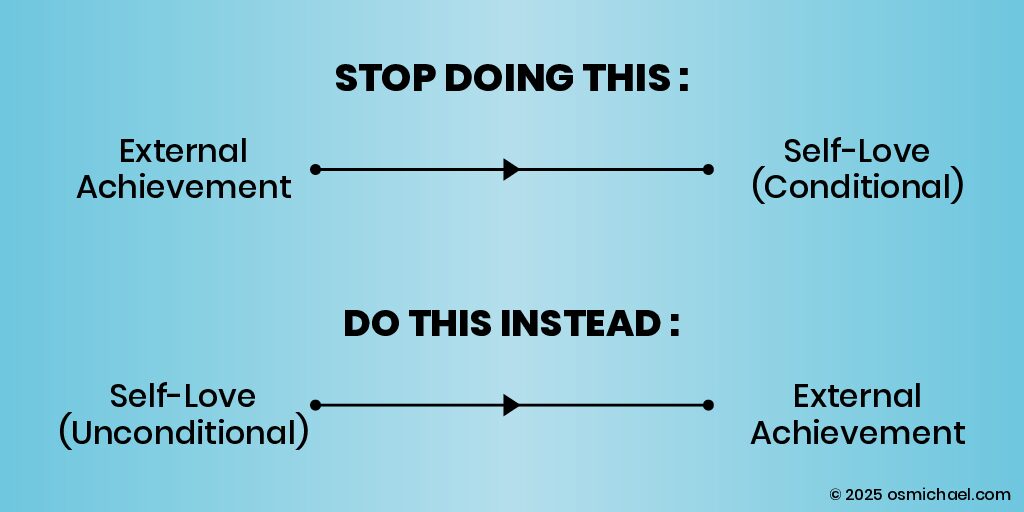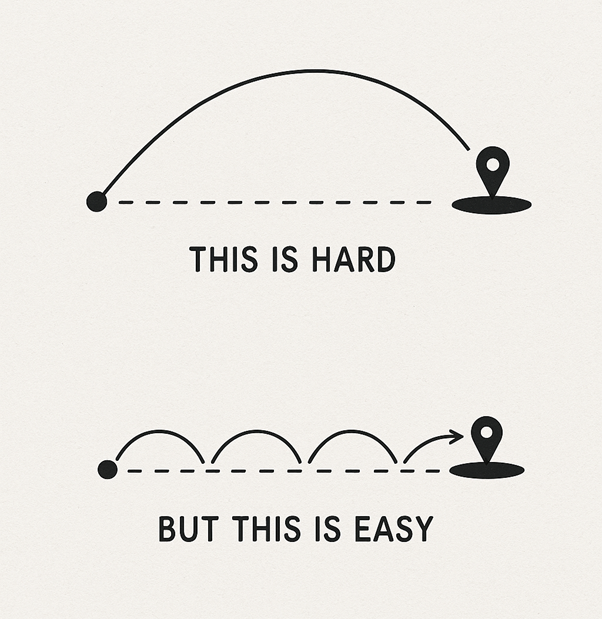
At some point in life, many of us carry an invisible ache. A sense that something isn’t quite right inside. Maybe we feel anxious or disconnected. Maybe we notice the same painful patterns repeating in our relationships. Or perhaps we’ve simply grown tired of pretending we’re okay.
Whatever brings you here, know this: you are not alone. And more importantly, you are not broken.
For many people, the path to healing does not begin with advice or a quick solution. It starts with something far more powerful. A relationship. A space where you are seen without judgment, heard without interruption, and accepted without condition.
This is the essence of relational psychotherapy. And it may be one of the most important journeys you ever take.
What Is Relational Therapy?
Relational psychotherapy is a form of talk therapy that understands healing happens through relationships. It places the connection between therapist and client at the center of the healing process. The therapeutic relationship is not just a method. It becomes the very ground where change takes root.
Instead of focusing solely on symptoms or surface-level behaviors, relational therapy examines how past experiences with others may have influenced the way you now relate to yourself and the world. This approach acknowledges that many of our emotional wounds stem from relational issues. Therefore, it makes sense that healing also occurs through a safe and compassionate connection.
Relational therapy is less about giving advice and more about being present. Less about fixing and more about understanding. It invites you to explore your emotions, limiting beliefs, and patterns in a space where you are genuinely seen and understood. And perhaps, for the first time, fully accepted.
The Wound Happens in a Relationship
Much of the pain we carry did not form in isolation. Relationships shaped it. Moments when we needed safety but felt threatened instead. Times when our emotions were dismissed, our boundaries ignored, or our needs misunderstood.
In response, we adapt. We learn to stay small, to please others, to hide our true selves. These patterns are not signs of failure. They are survival strategies. And they likely served you well.
But what kept you safe then may now be holding you back.
Relational psychotherapy offers a new kind of relationship. One where you do not have to perform. One where all parts of you are welcome. One where presence and empathy replace judgment and pressure.
It Is Not About Fixing You
Many people begin therapy quietly believing that something inside them needs fixing. That they are too much, not enough, or somehow fundamentally flawed.
Here is what I want to offer you instead.
What if your struggles were never a sign of fragility? What if they were brilliant responses to difficult environments? What if you are not a problem to be solved but a human being learning how to heal?
In relational therapy, the goal is not to fix you; rather, it is to help you grow and develop. The goal is to understand you. We explore the story behind your symptoms. We uncover the wisdom within your defenses. We meet the younger parts of you who tried so hard to stay safe.
One question I often invite clients to reflect on is this: What if your anxiety, your perfectionism, and your need to stay in control were all rooted in love and protection?
When we begin to understand ourselves in this way, shame begins to lift. And in its place, we discover something powerful. Self-compassion. Self-trust. A quiet strength that was there all along.
Feeling Seen and Heard Is Transformational
Many of us have never truly been seen. Not in the full, tender, honest sense of the word.
Perhaps your feelings were too intense for others to handle. Maybe your needs were minimized or misunderstood. Or, possibly, you never felt safe to reveal who you truly were.
In relational therapy, your experience is not minimized or judged. It is welcomed and witnessed. Your sadness, your joy, your confusion, and your hope all matter.
This kind of presence is not just soothing. It is life-changing.
Science tells us what our hearts have always known. Being in the presence of someone who sees us and stays with us calms our nervous system. Over time, we begin to internalize that sense of safety. The therapist’s voice of compassion becomes our own.
Eventually, we start to speak to ourselves with more kindness. We begin to feel safe not only with others but within ourselves.
The Relationship Heals
In relational psychotherapy, the relationship between therapist and client is not just a backdrop. It is the healing itself.
This approach differs from therapy that focuses solely on tools or techniques. Here, the connection becomes a mirror. It becomes a space to explore your relational patterns as they gently arise in the present moment.
If you find yourself hesitant to share your feelings, these are critical moments. Because in therapy, you get to try something different. You can express the truth and experience care instead of criticism. And, of course, if you are not quite ready to share, that is fine too. Your pace is respected.
This expression creates a new emotional blueprint. You begin to learn, at the deepest level, that you can show up as you are and still be accepted. You start to trust that the connection can be safe. You begin to heal.
Becoming Whole
Healing is like coming home to who you are.
Relational psychotherapy welcomes every part of you to speak and be heard. The part that strives. The part that pulls away. The part that longs to be held. The part that feels afraid. Each part plays a role, and each one deserves compassion.
When you give these parts space, they stop competing for control. You start to experience greater internal harmony. Less reactivity. More clarity.
Wholeness means relating to yourself with greater honesty and kindness. It involves staying connected to your emotions, knowing how to calm yourself in difficult moments, and choosing your next steps from a place of clarity and stability.
A straightforward affirmation I often offer clients is this:
I am allowed to feel.
I am allowed to take up space.
I am allowed to heal.
A Gentle Invitation
If you have spent much of your life feeling like you had to carry everything on your own, relational psychotherapy offers something different.
It offers a space where you can stop pretending. A space where you can show up as you are. A space where healing does not come from performance or pressure but from presence and connection.
You no longer need to do this alone.
If this resonates with you, I invite you to embark on the journey. Book a free consultation. Let’s talk about what healing might look like for you.
You deserve to feel seen. You deserve to be heard. And you deserve to feel whole again.
I help people heal, grow, and create the life they deserve. Ready to begin? Book a Free No-obligation consultation now.
— O.S. Michael



